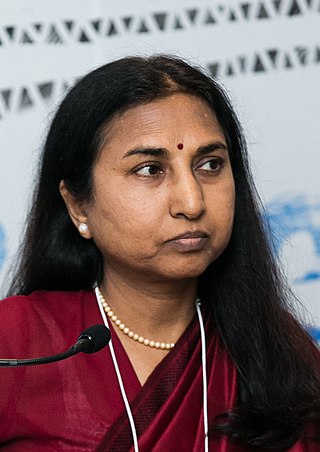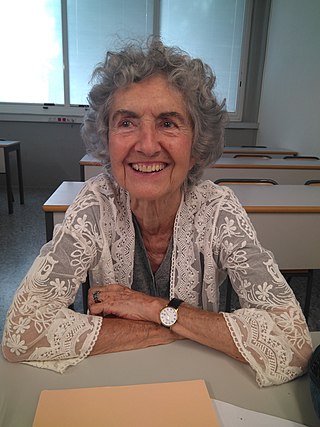| 1st | 1992 | American University, Washington DC USA | IAFFE Conference Programs |
| 2nd | 1993 | American University, Washington DC USA (August); Amsterdam, the Netherlands in conjunction with "Out of the Margin" conference (June) - also organized 8 panels for the UN Conference in Beijing, China | Feminist economic inquiry. [9] |
| 3rd | 1994 | Alverno College, Milwaukee, Wisconsin USA | IAFFE Conference Programs |
| 4th | 1995 | Tours, France | Feminist economic inquiry. [10] |
| 5th | 1996 | American University, Washington DC, USA | Feminist economic inquiry. [11] |
| 6th | 1997 | Taxco, Mexico | Feminist economic inquiry. [12] |
| 7th | 1998 | Amsterdam, the Netherlands | Feminist approaches to economics. [13] |
| 8th | 1999 | Carleton University, Ottawa, Canada | Feminist economic inquiry. [14] |
| 9th | 2000 | Boğaziçi University, Istanbul, Turkey | Feminist economic inquiry. [15] |
| 10th | 2001 | Holmenkollen Hotel, Oslo, Norway | Feminist economic inquiry. [16] |
| 11th | 2002 | Occidental College, California, USA | Feminist economic inquiry. [17] |
| 12th | 2003 | The Centre for Gender and Development Studies, The University of the West Indies, Barbados, West Indies | Feminist economic inquiry. [18] |
| 13th | 2004 | St Hilda's College, Oxford, England | Feminist economic inquiry. [19] |
| 14th | 2005 | Washington DC, USA | Feminist economic inquiry. [20] |
| 15th | 2006 | Sydney, Australia | Feminist economic inquiry. [21] |
| 16th | 2007 | Ramkhamhaeng University, Bangkok, Thailand | Feminist economic inquiry. [22] |
| 17th | 2008 | Torino, Italy | Women's work and education in the global economy. [23] |
| 18th | 2009 | Simmons College, Boston, MA, USA | Global economic crises impacts women differently. [24] |
| 19th | 2010 | Buenos Aires, Argentina | Global economic crises and feminist rethinking of the development discourse. [25] |
| 20th | 2011 | Zhejiang Gongshang University, Hangzhou, China | Reorienting economic theory, policies, and institutions: Feminist perspectives in the aftermath of the global economic crisis. [26] |
| 21st | 2012 | Barcelona, Spain | Human well-being for the 21st century: weaving alliances from feminist economics [27] |
| 22nd | 2013 | Stanford University, Palo Alto, California | Feminist economists’ perspectives on women's education and work across the globe [28] |
| 23rd | 2014 | University of Ghana, Accra, Ghana | Women's economic empowerment and the new global development agenda. [29] |
| 24th | 2015 | Boston, Massachusetts, USA | Papers invited on the issues of: Gender, monetary and fiscal policies / Women's employment, families and austerity programs / Deflation and gender in a complex global world / Women's employment and Central Bank policies during the post-crisis period economic empowerment, ethics and gender development / Gender, microcredit and microfinance. [30] |
| 25th | 2016 | Galway, Ireland | Transitions and transformations in gender equality. [31] [32] |
| 26th | 2017 | Sungshin University, Seoul, South Korea | Gender equalities in a multi-polar world. [33] [34] |
| 27th | 2018 | SUNY New Paltz, New Platz, NY USA | Feminist debates on migration, inequalities and resistance. [35] |
| 28th | 2019 | Glasgow Caledonian University, Glasgow, Scotland | Theme: tbc. [36] |
| 29th | 2020 | FLACSO Ecuador, Quito, Ecuador | Cancelled due to COVID. |
| 29th | 2021 | FLACSO Ecuador, Quito, Ecuador | Online only. |
| 30th | 2022 | Graduate Institute, Geneva, Switzerland | Transforming global governance for social justice: Feminist economics and the fight for human rights [37] |
| 31st | 2023 | ACEIR, Cape Town, South Africa | Envisioning Feminist Economics Strategies for an Equitable and Sustainable World [38] |
| 32nd | 2024 | Sapienza, Rome, Italy | Caught Between the Digital Revolution and a Crisis of Democracy: Feminist Economics Responses and Imaginations for the Future [39] |
| 33rd | 2025 | University of Massachusetts, Amherst, USA | Theme to be determined |
|










